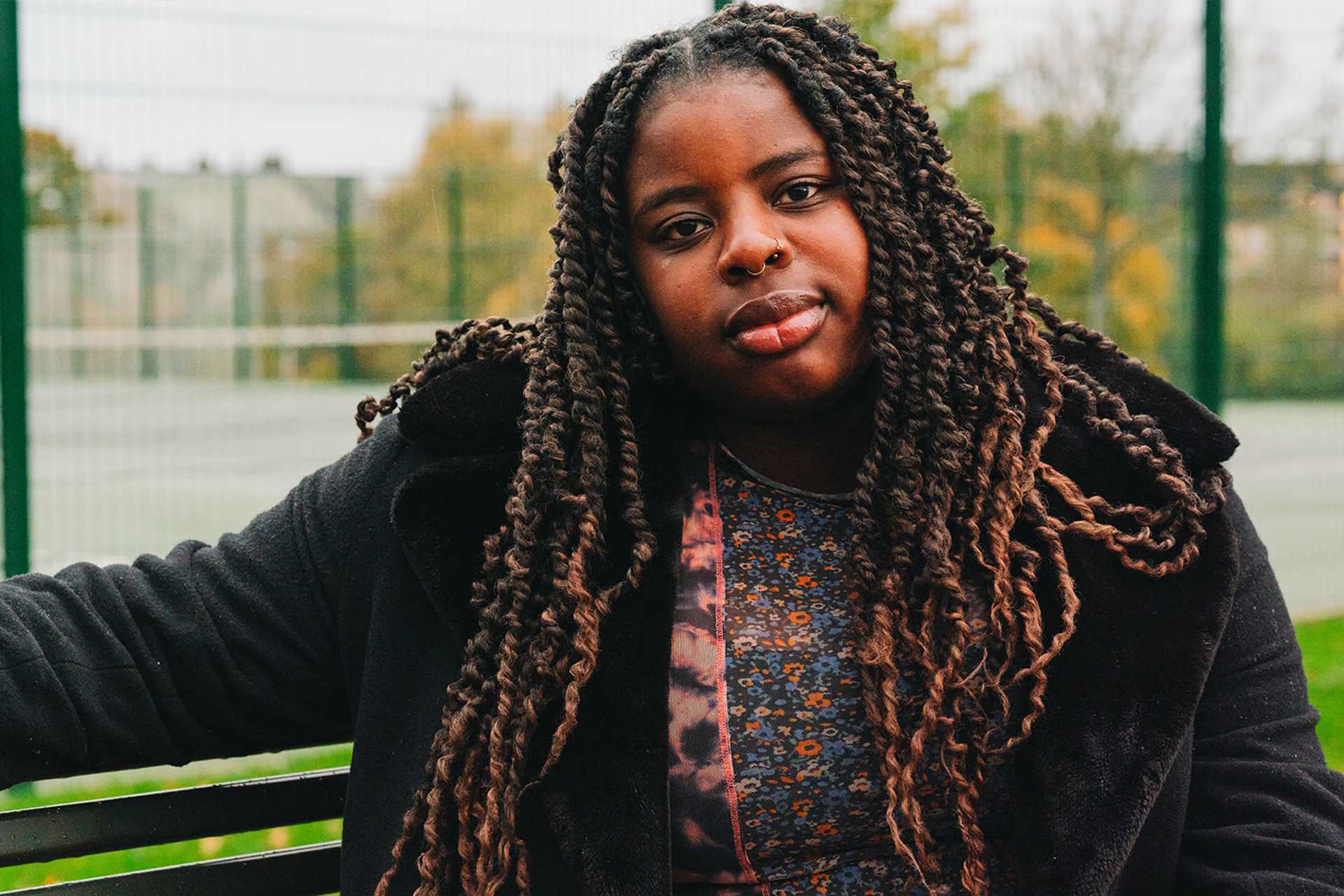Topics mentioned: self-care, trauma, depression, PTSD
About: Aidan explains how dismissing our own problems, or telling ourselves we're overreacting, can be what he calls "mental health imposter syndrome".
What is "mental health imposter syndrome"?
If you’ve ever struggled with your mental wellbeing, you may have felt like your problems weren’t real or that you were overreacting, you didn’t need or deserve support, that you were somehow causing your symptoms, or that you could just “wish” yourself better. This may have made realising you struggle with your mental health difficult, and it may have been a hurdle to asking for the help you needed.
It’s a phenomenon that many people struggling with their mental health experience – but it has no proper name, and is talked about very little.
I’ve called it “mental health imposter syndrome” as, like imposter syndrome, it makes it hard for you to believe in yourself. Instead of making you doubt your abilities and your eligibility for your achievements, this “mental health imposter syndrome” makes you doubt your mental health and your eligibility for support.
Instead of making you doubt your abilities and your eligibility for your achievements, this “mental health imposter syndrome” makes you doubt your mental health and your eligibility for support.
My experience of "mental health imposter syndrome"
If you feel like this or have ever felt like this, you are not alone. I struggled with doubts about my mental health problems for years. It was only after talking with other young people I realised it wasn’t just me.
I experienced childhood trauma, and didn’t realise I was carrying depression and PTSD with me through life until I was much older. Even when I became aware of my mental wellbeing, I was still in denial about it. After all, how can you know if something is wrong if you don’t know what “right” is supposed to feel like?
If you feel like this or have ever felt like this, you are not alone. I struggled with doubts about my mental health problems for years.
I lost several years of what should’ve been my childhood and my adolescence to my mental health, because of “mental health imposter syndrome”. I can’t get that time back by giving in, but I can make sure I don’t lose any more by getting support for my mental wellbeing where I need it!
The journey to believing in my mental health, feeling safe asking for help, and recognising the progress I’m making during my treatment, was a journey that took years. It was very hard, having to fight against not only my mental health itself, but also my doubts about my mental health. I had some good days, and some very bad days – but I did it and I believe anybody else can!
How can you know if something is wrong if you don’t know what “right” is supposed to feel like?
How to overcome "mental health imposter syndrome"
If this is something you struggle with, here are some tips that can help.
Help is available, and you don’t deserve to struggle alone. If you have somebody you trust (be it a friend or family member, a counsellor etc.) it can help to talk things through with them. Having somebody just listen can really help validate your feelings – and they are valid.
If you're worried about opening up to somebody, there are ways to make talking easier; for example, you could leave a note or a message instead of a full-on conversation, or talk things through anonymously with someone using one of the helplines listed at the bottom of this page. I’ve used a helpline service myself, and having somewhere I could talk to anonymously about my problems without being judged really helped me.
It helped me to write down somewhere how I was feeling and what I was thinking about. You could keep a diary or a journal, or a simple mood tracker where you record how you’re feeling on a scale of 1-10, or using colours – maybe red, green and amber like on a traffic light.
Tracking how you’ve been doing in this way will help you visualise the bigger picture. Sometimes, without a journal or mood tracker to look back on, we don’t get a sense of how long things have been going on for, or which issues are the persistent ones. Having something like this can be a helpful reminder when you reach out for support.
There is a lot of information available about mental health on the internet. It can be really beneficial to educate yourself, to help you understand what you’re going through – but you should be careful to only get your information from sources you can trust.
There are a lot of misconceptions about mental health, such as that it’s “attention-seeking” or that you can just “man up” or “suck it up”. Misconceptions like these were really damaging to me and my recovery. If you can, you should try to balance the misconceptions with facts from good sources of information, like medical professionals. If seeing a lot of mental health content online is making you feel worse, take a break and practise some self-care.
Other people, even if they struggle with their mental health too, can have a totally different experience to you – that doesn’t mean yours is any less valid. Social media can often be a “highlight reel” of other people’s lives – people tend to withdraw when they’re at their low points, but show-off and celebrate their highs. It’s impossible to make a fair comparison with other people.
The best person you can compare yourself against is you – how are you doing now compared to X amount of time ago? It’s so empowering to look back on your life and see where you’ve gotten better! If you can look back through a journal or a mood tracker and see that things have gotten worse though, it isn’t all bad news. You’ve made a monumental first step in getting support – knowing when you need it. That’s half the battle, and the only way is up.
Other people, even if they struggle with their mental health too, can have a totally different experience to you – that doesn’t mean yours is any less valid.
I’m so glad I made the decision to get support with my depression and PTSD. I still have bad days, as does everyone, but I think life is worth it. There are times when I couldn’t have imagined being where I am now.
If you’re struggling with your mental health alone – please seek support. A good doctor, therapist or counsellor will hear you, won’t judge, and will want to help – that's what they went into that line of work for. Asking for help isn’t weakness, it takes courage and bravery. You’ve got this!
More information and advice
We have tips and advice to help you find the support you need. Take a look at our guides.
Where to get help
However you're feeling, there are people who can help you if you are struggling. Here are some services that can support you.
-
Childline
If you’re under 19 you can confidentially call, chat online or email about any problem big or small.
Sign up for a free Childline locker (real name or email address not needed) to use their free 1-2-1 counsellor chat and email support service.
Can provide a BSL interpreter if you are deaf or hearing-impaired.
Hosts online message boards where you can share your experiences, have fun and get support from other young people in similar situations.
- Opening times:
- 24/7
-
Samaritans
Whatever you're going through, you can contact the Samaritans for support. N.B. This is a listening service and does not offer advice or intervention.
- Opening times:
- 24/7






